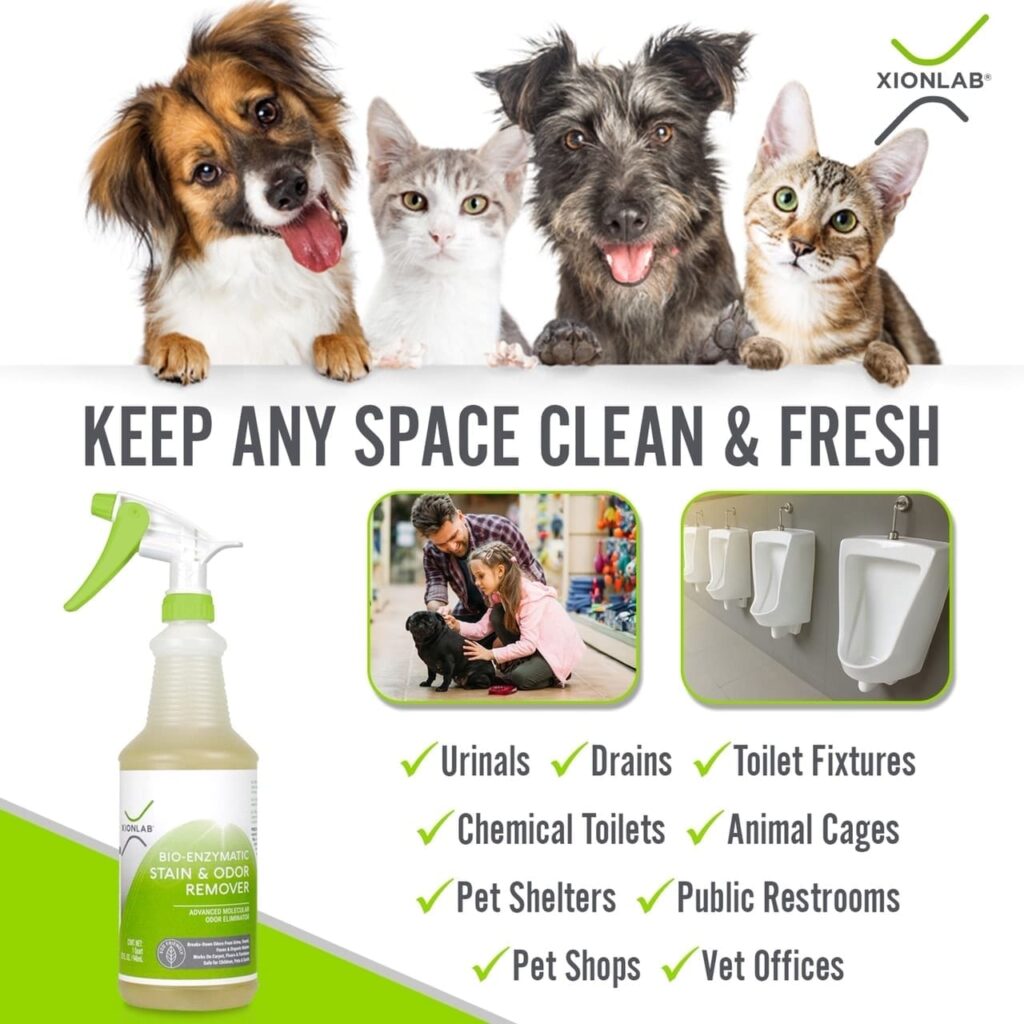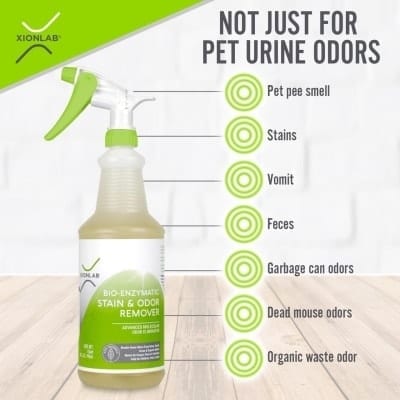No products in the cart.
America is a nation of pet lovers. There is no denying this fact. According to a survey in 2017, carried on by the National Pet Owners, around 68 percent of the US households own a pet. People who have a pet are more likely to consider it as a member of their own family, and for good reasons.
Pets provide meaningful social support. People who own a pet were more likely to exhibit greater self-esteem, feel less lonely, and are happier than those who don’t own a pet. According to the American Heart Association, having a pet can reduce the risk of heart diseases. Various studies have shown that owning a pet is linked to a reduced risk of cardiovascular diseases among patients. It may be because people who have pets are more likely to walk or play with them.
Additionally, owning a pet reduces stress hormones. A person who owns a pet tends to feel less stressed and anxious. In other words, owning a pet results in improved mental and physical health.
While there are many benefits of owning a pet, there are certain risks as well. They have the potential to spread diseases. In this article, we will take a look at the reasons why it’s essential to eliminate pet odor and waste.
Why It’s Important to Eliminate Pet Odor?
Pet urine does not just smell disgusting; it also harbors several diseases. The fact is that pet urine carries viruses and bacteria that can cause illness. You must take steps to eliminate pet odor to avoid adverse health effects.
When cleaning the pet waste, you must wear gloves. You should also wear gloves while washing the sponges, mops, and other items that you use when cleaning the waste. However, cleaning waste is not enough. It would help if you also used a commercial urine remover to eliminate pet odor.
Most people assume that germs are eliminated when the waste is cleaned. They usually take no steps to eliminate pet odor since they think it is only a harmless irritant. How can a pet odor be a health hazard?
The reality is that pet odor is a severe health hazard. If you do not eliminate the pet odor, it can result in severe disease.
The Dangers of Pet Odors Explained
Pet odors are not that innocent as they might seem. The particular smell that we associate with urine is the smell of ammonia. Ammonia is a gas that is released when the urine is exposed to air. This gas is released due to the breakdown of uric acid and urea in the urine after air exposure.
Inhalation of a large amount of ammonia gas can cause severe respiratory tract problems. When a person inhales a large amount of this gas, it can cut the brain’s oxygen supply. The person may start to feel faint and lightheaded. Excessive long term exposure to the gas can also result in skin and eye irritation.
Pet urine in the carpeting, furniture, baseboards, and other areas can become a severe health hazard. It would help if you eliminated pet odor by using a commercial urine remover product. The health complications can be severe for persons with weak immune systems, asthma, and allergy. Ammonia inhalation can even exacerbate the symptoms of people who suffer from migraines.
Prolonged exposure to an even low pet urine concentration can result in health risks, including skin and eye irritation. A higher concentration of odors released from pet urine can result in skin burns and permanent eye damage.
Children are the most at risk of developing skin and eye infections as they have a low immune system. If you don’t eliminate pet odor, it can result in serious health complications in children. The area around the urine can also become a breeding ground for harmful microbes.
Some of the health problems that develop due to long term exposure to ammonia gas include the following:
- Asphyxiation
- Fatigue
- Tracheal burns
- Alveolar edema
- Bronchiolar edema
- Airway damage
- Bronchitis
- Nasopharyngeal cancer
- Pneumonia
- Shortness of breath
Important Information about Cat Urine
Cat urine consists primarily of water. Around 95 percent of urine is comprised of water. Other substances that are usually found in healthy cat urine include the following.
- Uric acid 0.003 percent
- Ammonia 0.05 percent
- Creatinine 0.1 percent
- Sodium 0.1 percent
- Phosphate 0.12 percent
- Sulfate18 percent
- Chloride 0.6 percent
- Urea 2 percent
Cat urine smells very strong as it’s very concentrated.
Their urine is powerfully concentrated as the uric acid is less diluted. A strong odor is caused when the dried urine becomes crystallized. Long term exposure to the cat’s urine can result in significant health problems. Both healthy people and those with oversensitive immune systems are at risk of developing health complications due to prolonged exposure to cat urine. That’s why cat owners need to take measures to eliminate pet odor.
Important Information about Dog Urine
The composition of dog urine is slightly different than the cat’s urine. The urine of a healthy dog consists of the following.
- Ammonia
- Creatine
- Carbohydrates
- Urea
- Uric acid
- Fatty acids
- Sodium
- Potassium
- Chloride
- Magnesium
- Calcium
Dog’s urine is less concentrated, which means they are more concentrated as compared to cat odors. As a result, dog urine odors are weak compared to the odor of a cat’s urine. Dog drinks a lot of water that makes their urine more concentrated. However, this does not reduce the health hazard of the odor. It would help if you used a good quality commercial urine cleaner to eliminate pet odor.
Pet waste is more a deadly health hazard as compared to pet urine. Here are some of the dangers of pet waste for human health.
Leptospirosis Bacteria
Pet feces may contain the bacteria leptospirosis. The bacteria are prevalent in the humid and warm environment. If passed on to humans, it can lead to liver or kidney disease. The American Veterinary Medical Association recommends that house owners quickly wash any pet waste wearing disposable gloves.
However, washing the pet waste on the carpet or sofa with a sponge does not eliminate the bacteria. What you need is an enzyme-based cleaning product to eliminate the threat.
It is the only way to remove the bacteria altogether.
Campylobacteriosis
Another common bacteria that is found in pet waste is campylobacteriosis. The bacterium causes severe diarrhea, cramping, fever, and abdominal pain in humans. Humans can contract the disease through exposure to the stool of an infected pet.
Around 45 percent of stray cats and 49 percent of dogs carry the bacteria. It is common in kittens and puppies that are younger than six months. While it is not life-threatening, the symptoms cause significant discomfort.
Parrot fever
Parrot fever is a misnomer as all types of birds are infected with the disease. The disease can be passed on to humans.
It is caused by a bacterium Chlamydia psittaci. Humans can contract the disease through the feces and urine of the birds.
A person who contracts parrot fever commonly experiences the symptoms after ten days of infection. The disease’s common symptoms include nausea, diarrhea, vomiting, fever, fatigue, shortness of breath, and chest pain. In rare cases, the bacteria can cause inflammation of the liver, brain, and other internal organs. Moreover, individuals that have contracted the disease can experience respiratory disorders and pneumonia.
The disease to avoid contracting, it’s essential to use an enzyme-based cleaning product to eliminate pet order and waste. It would help if you cleaned the area immediately to avoid the disease’s risk spreading to the household.
Hookworm
Hookworm commonly infects both dogs and cats. Humans contract it through contact with the pet urine or feces. Some of the hookworm species that commonly infect dogs and cats include Ancylostomabrazilense, canine, stenocephala, and ceylancium. These parasites are shed in the feces that can be transferred to humans if the pet waste is not cleaned immediately.
The hookworm infection commonly results in a skin condition known as cutaneous larva migrans (CLM). When the parasite penetrates the skin, it causes itchy and red rashes that are sometimes painful. Some of the species of hookworm can cause diarrhea and abdominal pain.
Toxocariasis
Another disease that can be passed to humans through contact with pet waste is toxocariasis. The disease is caused by a parasitic roundworm known as Toxocara. Eggs of the parasites are found in the feces of cats and dogs.
Humans that come into contact with pet waste can develop the disease. The disease can lead to coughing due to lung damage (visceral toxocariasis), abdominal pain, fatigue, fever, and damage to one eye. (ocular toxocariasis).
Toxoplasmosis
Toxoplasma is yet another disease that can be passed from pets to humans through contact with pet waste. The disease is caused by a parasite known as Toxoplasma gondii.
They are usually found in a feline pet. Infected cats can shed the parasite in their feces. That’s why it’s essential to eliminate pet waste using an enzyme-based cleaner.
Children and pregnant women are at increased risk of developing the disease. Symptoms of the disease include muscle aches, swollen glands, and abdominal pain. If left untreated, the disease can damage the brain, eye, and other body parts.
Why it’s Difficult to Eliminate Pet Odor?
As mentioned previously, pet urine is composed of about 95 percent of water. While water and other compounds such as urea are water-soluble, the fact is that uric acid is not. Uric acid consists of non-soluble water crystals. That’s why you cannot quickly eliminate pet odor using most urine remover. It would help if you bought an enzyme-based cleaning material to eliminate pet odor effectively.
Using traditional cleaning material will remove urine traces; however, the non-soluble salt crystals are left behind. As a result, the pet odor is not eliminated.
Initially, the crystals are not visible. They become visible only once they start collecting dirt. The presence of uric acid crystals poses a health threat. Humidity or moisture will reactivate the crystals resulting in unpleasant odors.
Are there Other Adverse Effects of Not Eliminating Pet Odor?
Urine odors do not just create a health hazard. They are problematic for household items as well. It would help if you eliminated pet odors; otherwise, the urine’s uric crystals can damage fabrics, carpet, furniture, flooring, and more over time. They can even change the dye structure of the fabrics and carpet. Moreover, the uric crystals can burn the tannins in wood furniture that results in black stains.
General cleaning products won’t work in eliminating pet urine. The reason is that they are not designed for breaking down the urine’s uric acid crystals. Also, popular home remedies do not work in completely solving the problem of pet odor.
You may have come across various articles online claiming to eliminate pet odors. However, most home remedies, including baking soda, vinegar, bleach, and ammonia, are not effective in eliminating pet odors. These remedies only mask the odors and do not eliminate pet odors. The problem reoccurs when in the presence of high humidity and moisture.
The money and time that is spent on home remedies and general cleaning products will be in vain. The best solution to eliminate pet odors is to use an enzyme-based cleaning product.
How Enzyme Based Cleaning Products Eliminate Pet Odors?
Enzyme based cleaning products work effectively to eliminate all urine traces from carpets, sofa, floors, walls, and more. The enzyme-based cleaning products work by breaking down the uric acid crystals and eliminate pet odors.
All living organisms produce enzymes. They are a type of protein that works similar to a catalyst in creating a biochemical reaction. It is composed of the amino acid chain. It effectively changes the structure of the sequence that determines its function.
Several everyday projects use an enzyme to remain dirt and stains. For instance, enzyme-based washing products are used to eliminate fat stains by breaking down the protein into small molecules. It makes it easier for the water to remove the stain from the clothes.
The fact is that enzymes are one of the best natural catalysts that can be used to eliminate stubborn stains and pet Itodors. Using an enzyme-based cleaning product is the best way to eliminate pet odors for good. The cleaning products will not only eliminate pet odors but also work effectively in removing pet waste.
A non-enzyme based cleaning product is not effective in removing pet odor or waste. It poses a significant health concern.
Apart from using an enzyme-based cleaning product, there are some other steps that you can take to avoid infection through contact with pet urine and feces. Here are some of the steps that you can take to prevent pet-related diseases.
Always wear gloves when cleaning pet waste — You should always clean the pet waste while wearing gloves. It will ensure that you don’t contract any disease.
- Wash hands — Ensuring proper hygiene is vital to avoid infections. If you contact the pet saliva, urine, or feces, you should immediately wash with soapy, warm water. It will prevent pet-related infections.
- Properly dispose of feces — Another essential tip to prevent infection is to immediately dispose of the pet waste, especially in homes with children. It is vital to avoid the spread of disease to children.
- Get medical attention for scratches and bites — Bacterial and other types of infection cannot just spread through contact with pet urine and feces. They can also spread through pet scratches and bites. If the pet scratches you, you should immediately clean the area with soapy water. Also, you get the medical infection to avoid the risk of contracting rabies and other severe health conditions.
- Visit a Vet Regularly — Lastly, you should consider visiting the vet regularly for the pet’s routine evaluation and vaccination. Regular vet visits will decrease the likelihood of infection through pet urine and waste.
Conclusion
Being aware of the health hazard due to pet waste can help you to avoid infections. It will keep you and your family from contracting a disease. You should always clean the pet waste immediately. Moreover, it would help if you eliminated pet odor using commercial urine removal. Make sure that you use an enzyme-based cleaner to eliminate pet odor.
Using household cleaning products will not be effective in removing the odor. It will increase the likelihood of the contraction of the pet-related disease. Urine odor is not just a disgusting nuisance. It can cause serious health effects, so you should take significant steps to eliminate pet odor.


